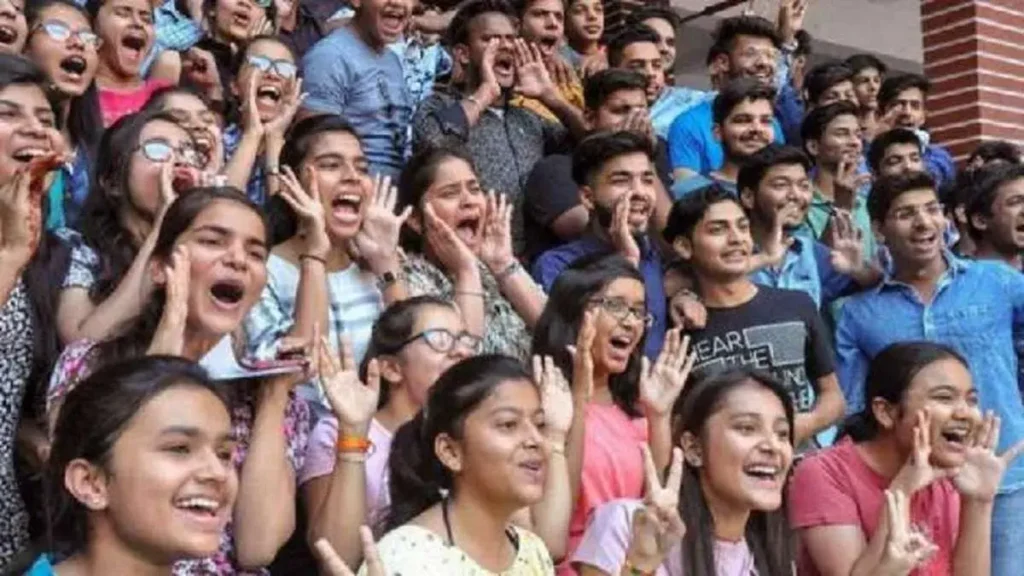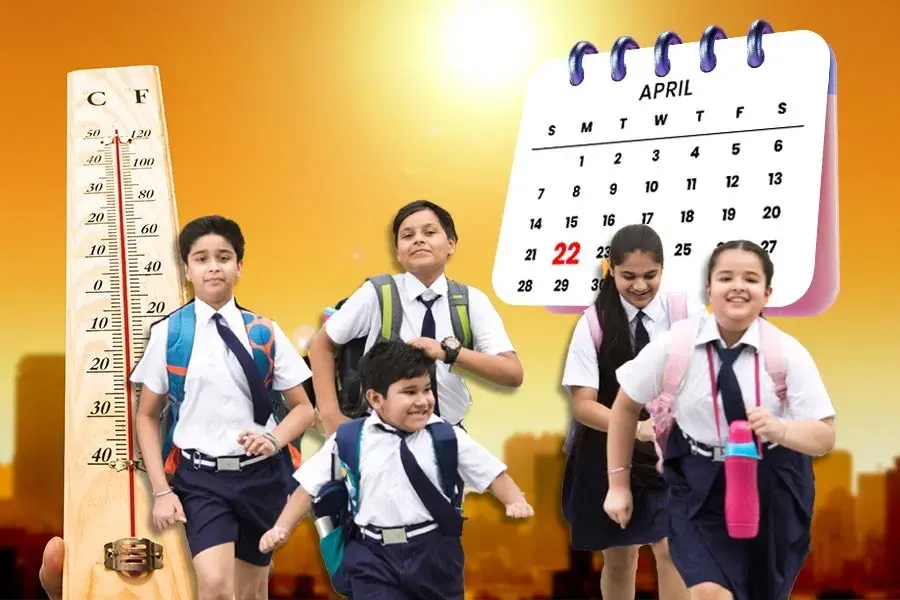Tamil Nadu Government Set to Release Draft of State Education Policy After Model Code of Conduct is Lifted
The Tamil Nadu government is poised to release the draft of the State Education Policy after the Model Code of Conduct (MCC) is lifted, according to sources. The MCC is expected to be lifted after the announcement of Lok Sabha election results on June 4. In 2021, the Tamil Nadu government announced its intention to introduce an exclusive State Education Policy during the Assembly session. A panel, headed by retired High Court judge Justice D Murugesan, was constituted in May 2022 to oversee this initiative, comprising educationists and experts from various fields. Sources within the Tamil Nadu Education Department revealed that the draft of the State Education Policy was already prepared in November 2023. However, the process faced delays due to unforeseen circumstances, including the resignation of the state minister for higher education, K Ponmudi, following a conviction in a legal case. Although the minister was reinstated following a favorable court order, the implementation of the Model Code of Conduct ahead of Lok Sabha polls halted the release of the draft. Officials from the school education department indicated that after the release of the draft policy, the final document would take over three months to be finalized and implemented. Dr. Mohammed Rashid, a retired professor from Madras University, emphasized the urgency of releasing the State Education Policy, particularly after the announcement of the National Education Policy. Educational institutions’ management has been anticipating the new policy for some time, he noted, underlining the importance of expediting its release to address evolving educational needs effectively.



